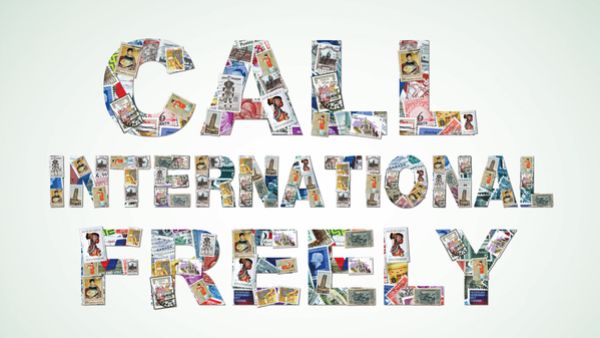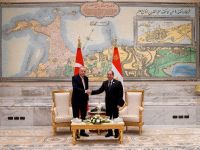Etisalat has done well to make inter-emirate calls on the landline free. This will increase usage in a more interconnected UAE population. But, etisalat could do two more important things: Reduce the cost of international calls and open up Voip.
For years, UAE consumers have been waiting for Internet-based (VoiP) services such as Skype and Viber to be legalised in the UAE, but the Telecommunications Regulatory Agency has consistently refused to do so.
Voice communications in the UAE are still regulated and can only be offered by a licenced telecom operator.
The TRA rarely gives an explanation about why internationally-available VoiP services are still banned — and they have been since 2005 — but telecom analysts often point to efforts at protecting the revenues of the UAE’s two telecoms operators.
In the UAE, making international calls has been expensive.
If TRA, etisalat and du want to provide something of use to UAE residents, they should focus on ways to offer alternative options, thereby bringing the UAE’s telecommunications sector up to international standards.
It will be a boon to both consumers and businesses. VoiP is already a reality in most parts of the world, especially in countries with a free market. Due to the growing dominance of this technology, any country that fails to adopt it will have more than a loss of revenue to fear. It will put its competitive edge at risk.








